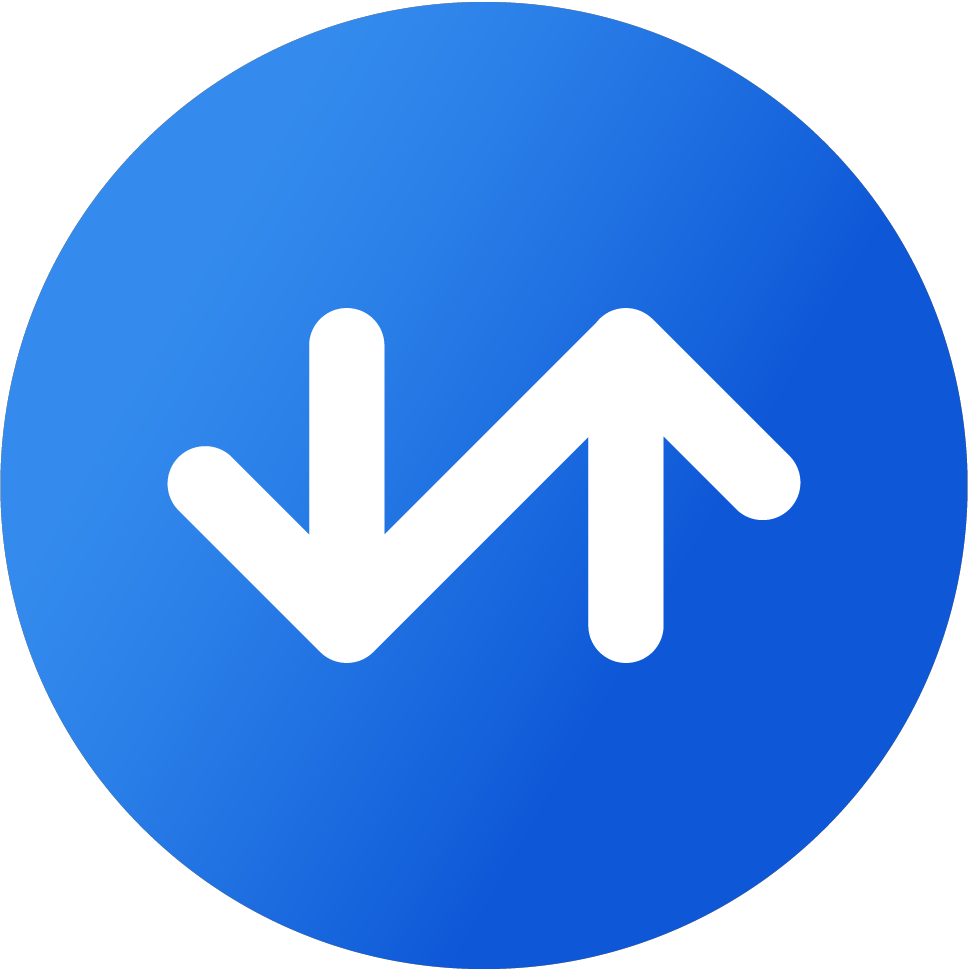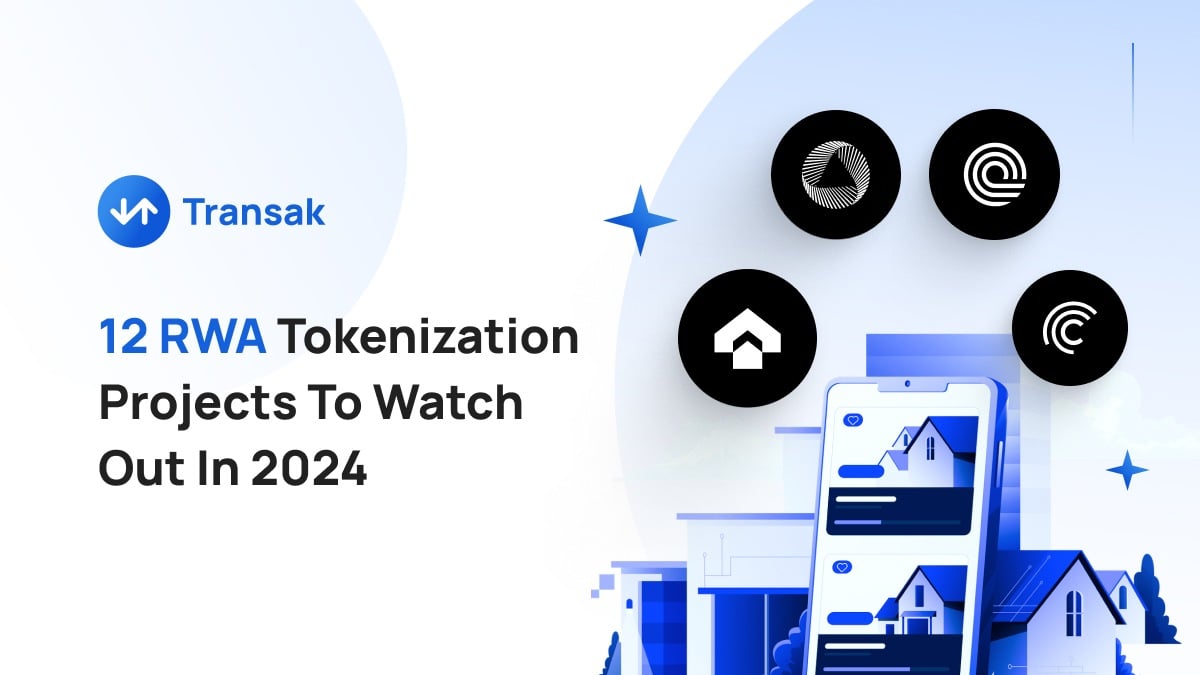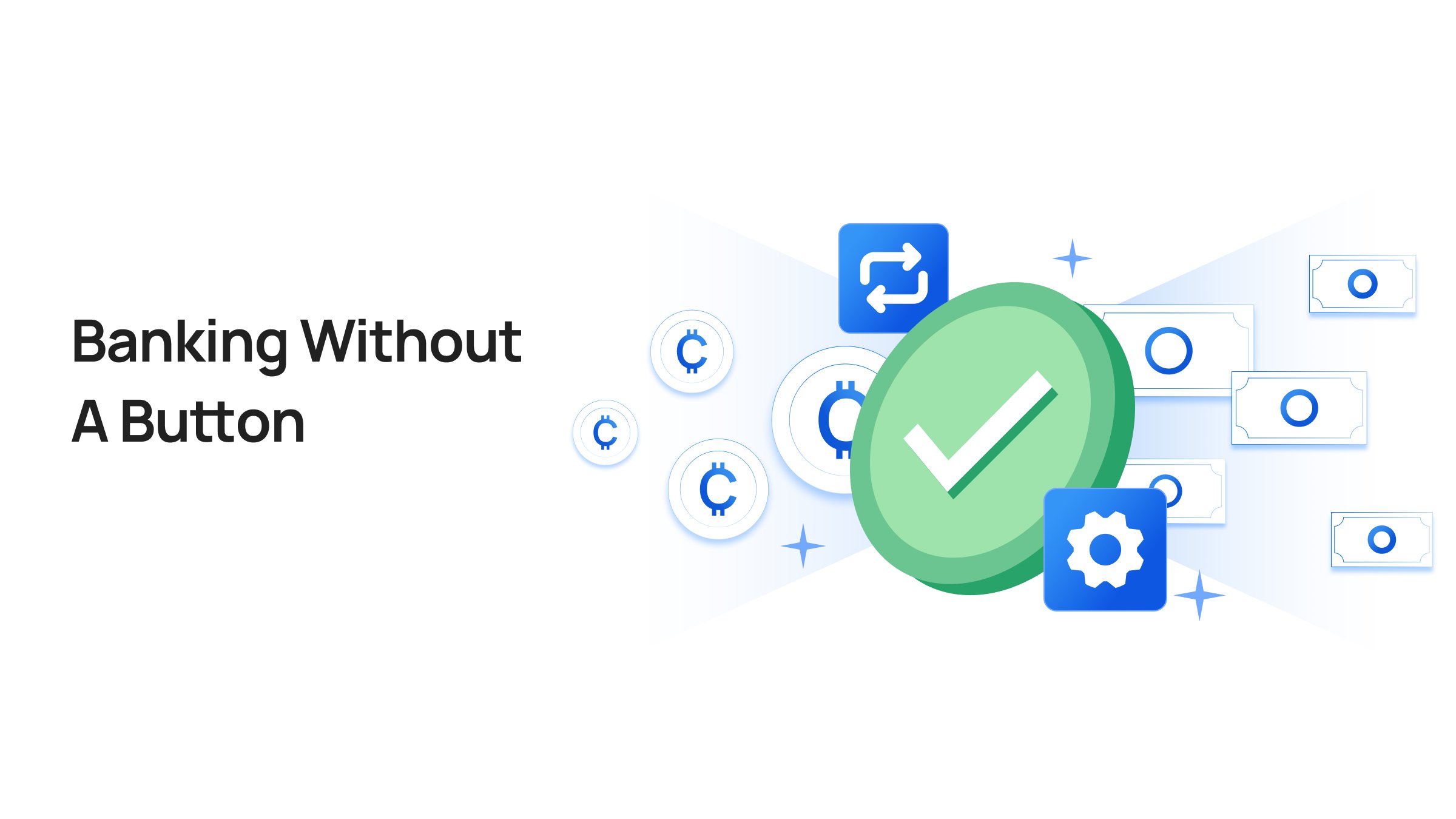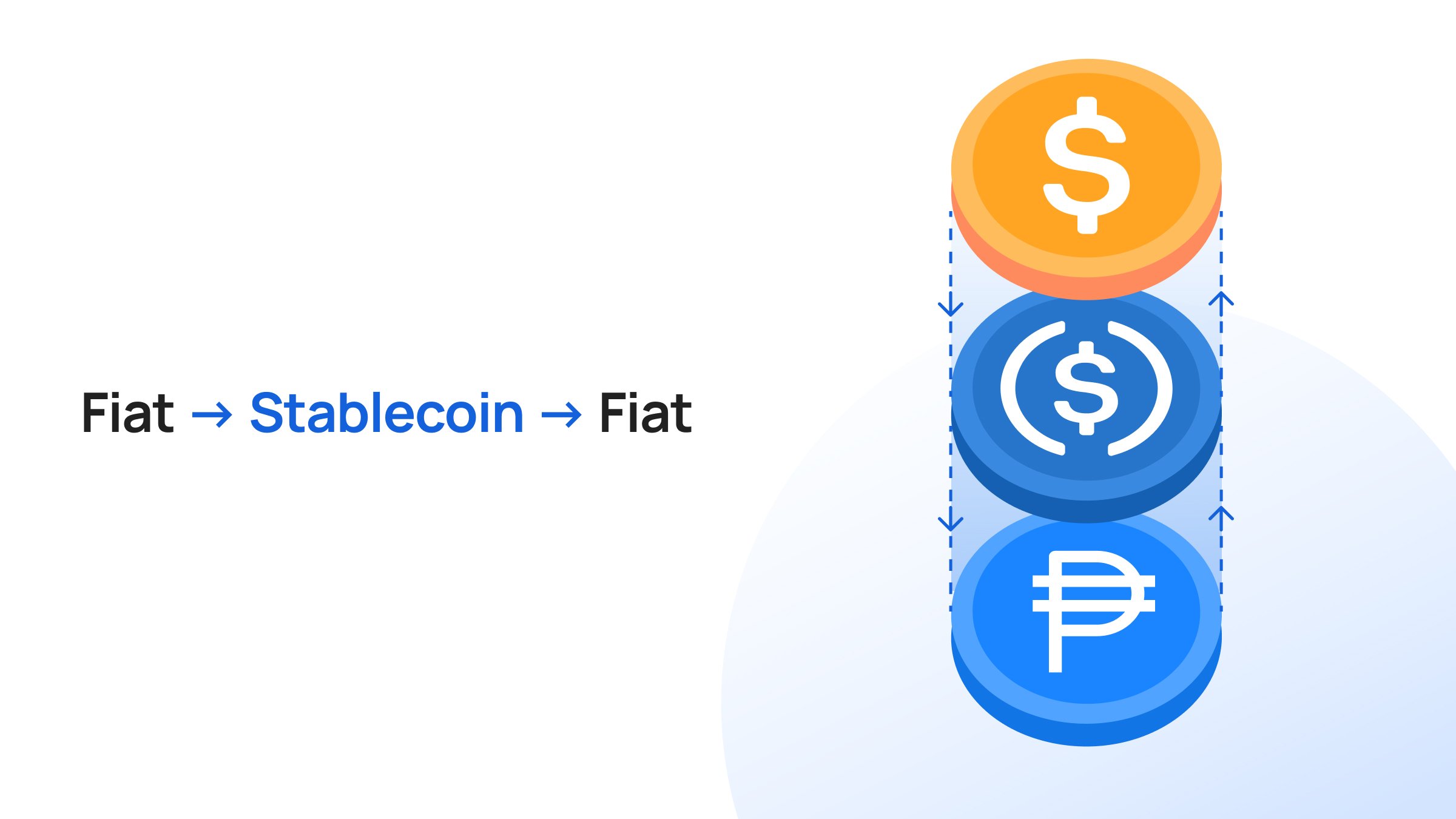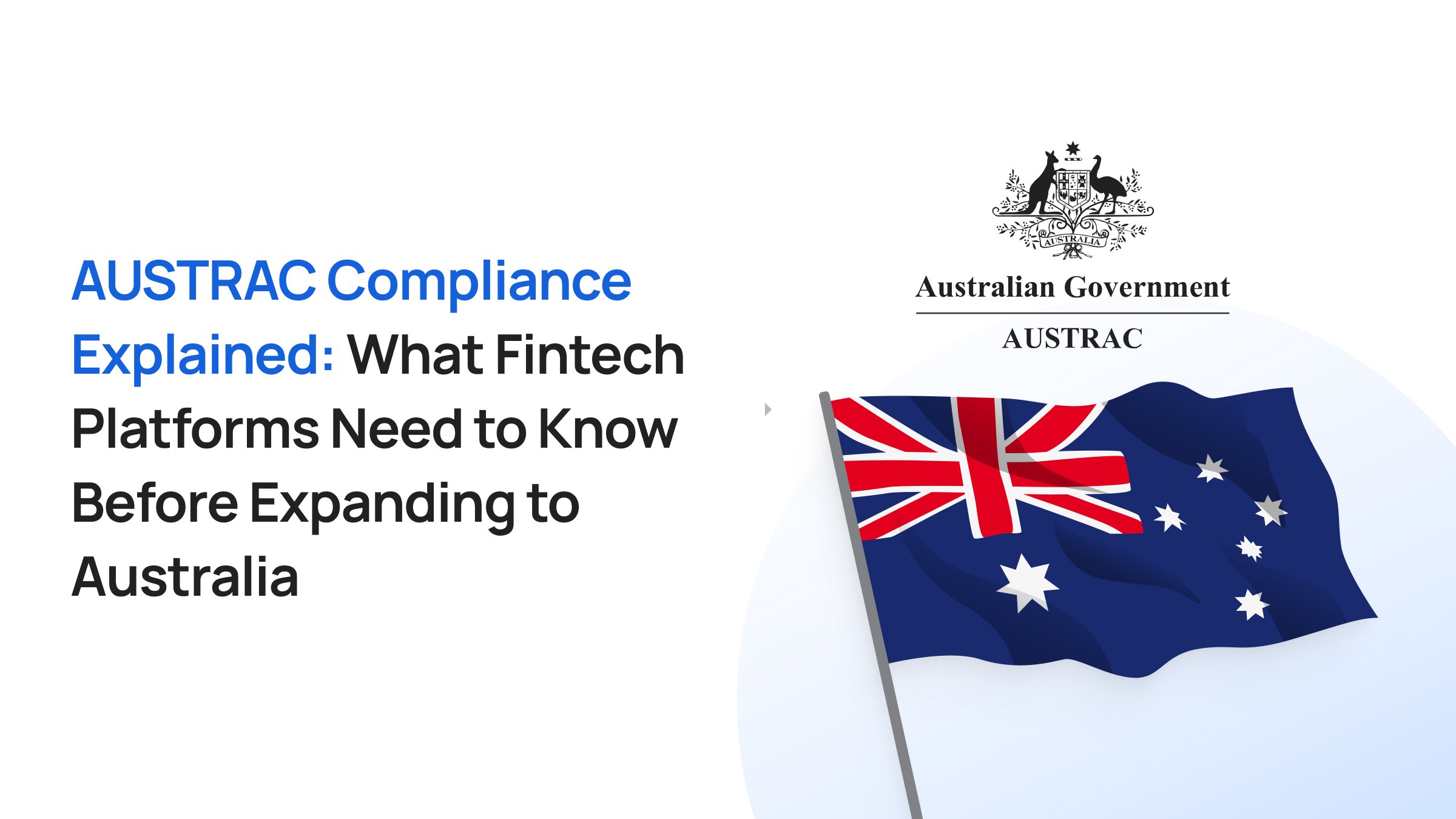Real-world assets (RWA) tokenization projects allow users to buy traditional assets like real estate, art, bonds, and equity as digital tokens. In this article, we'll go through 12 projects that facilitate RWA tokenization.
The entry of big players like BlackRock into asset tokenization will play an important role in developing new RWA tokenization projects in the coming years.
RWA tokenization helps to remove intermediaries, increase the speed of the settlements, and provide global access to physical assets. For example, a resident in Europe can buy tokens representing a piece of real estate in New York without any brokers.
According to Roland Berger's study, asset tokenization is expected to create a market value of over $10 trillion by 2030. This potential growth will be fueled by tokenizing real estate, digital bonds, private and public equity, investment funds, and commodities.
Note: The list of projects is not exhaustive and they are listed in alphabetical order. Transak does not rank one over the other.
- Backed Finance
Backed Finance is a digital platform that brings traditional financial assets onto the blockchain for DeFi integrations. Users can explore this platform to get exposure to tokenized fixed-income assets like government and corporate bonds.
Investors with high-risk exposure can opt for the tokenized equity markets. For example, their Backed Coinbase Global (bCOIN) is an ERC-20 token representing Coinbase Global Inc.'s underlying equity.
The tokens provided by the Backed Finance are 1:1 backed against the underlying securities. Users can onboard this platform after completing the KYC and AML verification process partnered with SumSub.
- Centrifuge
Centrifuge enables the tokenization of a wide variety of real-world assets, such as invoices, real estate, and trade receivables, converting them into non-fungible tokens (NFTs).
The core of Centrifuge's offering is its Tinlake application, which allows for the creation of pools of tokenized assets. Investors can participate in these pools by purchasing DROP and TIN tokens, which represent different risk and return profiles.
DROP tokens are the senior tranche, offering more stable returns and lower risk, while TIN tokens represent the junior tranche, providing potentially higher returns but at greater risk.
- Lofty
Lofty is an RWA platform that allows users to buy fractional real estate using the Algorand blockchain. In addition, they have a dedicated marketplace that lists the available properties in the United States.
The investors can earn daily rental income for their properties, and the value of the ownership stake is based on the increased value of the invested property. There is no lock-up period here; investors can sell their stake whenever required.
The main advantage of Lofty is that users can start buying tokens starting from $50. All the transactions on this platform are conducted using USDC tokens.
- Mantra
Mantra is a layer-1 blockchain platform that allows the tokenization of the RWAs with secured regulatory compliances. Moreover, this platform provides developers, institutions, and businesses a framework to create, manage, and trade the tokenized RWAs.
The MANTRA chain's compliances cover many features, including Know Your Business (KYB), Know Your Customer (KYC), transaction monitoring, and AML sanctions screening. These features help the business to spot and prevent fraudulent activities.
Mantra also offers MANTRA DEX, a DeFi hub that uses the Cosmos ecosystem to enable the trading of the tokenized RWAs. The cross-chain compatibility feature of this DEX allows users to trade RWAs across various blockchain networks.
- Maple Finance
Maple Finance is a platform that provides credit experts with an infrastructure to conduct lending business. They are transforming the capital market by connecting lenders and borrowers with the help of blockchain technology.
Maple has partnered with AQRU to create a liquidity pool. Maple provided the technology to set up the pool, and AQRU manages the pool's activities, including loan book management.
Maple's Cash Management Pool provides access to US Treasury bills. To be an eligible USDC lender, you should pass AML checks and fill out an onboarding form for verifications.
The stablecoin, USDC, is used to conduct transactions in the pool. The minimum investment amount is $500,000 in USDC with a 45-day lock-up period at 10% APY.
- Matrixdock
Matrixdock is a platform offering tokenized RWA products with Chainlink's integration on the Ethereum blockchain. Users can buy STBT tokens that provide exposure to the U.S. Treasury securities.
STBT token is 1:1 pegged with USD and distributes daily interest to the token holders. Moreover, Matrixdock users can mint and redeem tokens on their platform at any point in time.
In addition, the tokens are issued with the help of an orphan Special Purpose Vehicle (SPV) structure, a traditional finance practice used to issue asset-backed securities. Matrixdock plans to launch more RWA tokens that help unlock new RWA investment opportunities for its users.
- Ondo Finance
Ondo Finance is an RWA platform that provides tokenized products to bridge DeFi with traditional assets. OUSG is the hero product of Ondo Finance that offers short-term investments in the U.S. Treasuries, as it is considered less risky with high liquidity.
Investors can deposit USDC to purchase the funds or ETFs, and in return, equivalent fund tokens are provided to the investor. When the investor wants to redeem the fund, the USDC is returned, and the tokens are burned.
Most of OUSG's portfolio is with BUIDL, BlackRock's brand-new tokenized fund. The remaining assets are stored in bank deposits, BlackRock's FedFund (TFDXX), and USDC to maintain high liquidity.
The other Ondo Finance's RWA product is the Ondo US Dollar Yield Token (USDY), the tokenized form of bank demand deposits and short-term U.S. Treasuries. USDY is only available for institutional investors and non-US individuals and is freely transferable 40 days after the purchase.
- OpenEden
OpenEden is a crypto startup providing tokenized Treasury Bills (T-Bills) access. Their tokenized product, OpenEden T-Bill vault, allows users to mint TBILL tokens with USDC stablecoin to earn a yield.
OpenEden's vault consists of an on-chain pool, and its assets are invested in short-dated U.S. Treasury bills. At the same time, a minimal amount of USDC tokens remains on the on-chain to enhance instant withdrawals.
OpenEden users need to submit their KYC documents to buy TBILL tokens. Once the user completes their KYC verification, TBILL tokens are minted in their wallets, equivalent to the USDC token deposits.
- Pendle
Pendle's primary focus is to allow users to separate and trade the future yields from yield-bearing assets.
For example, if you deposit an asset like stETH (Lido's staked Ether) into Pendle, it generates two types of tokens:
- Ownership Tokens (OT): Represent the underlying asset's principal value.
- Yield Tokens (YT): Represent the future yield generated by the underlying asset.
The yield that sDAI and fUSDC generate hails from the traditional financial sector. Pendle here bridges the gap that exists between DeFi and traditional finance, allowing investors to harness the benefits of their combination.
- Polymesh
Polymesh is a digital platform for issuing, creating, and managing security tokens. Users can also use this platform to participate in on-chain processes such as staking and governance.
Polymesh has created new opportunities for inventors and startups to tokenize RWAs. This platform uses POLYX, its native protocol token, to fuel the activities on its blockchain.
POLYX is also used to create and manage the security tokens and to secure the blockchain through staking. The mission of Polymesh is to simplify and automate capital markets so that market participants can embrace blockchain technology without getting concerned about its complexity.
- Swarm
Swarm is a DeFi infrastructure that facilitates a wide range of products like tokenized stocks and bonds. Balancer Protocol powers this platform to create an ERC-20 tokens-based liquidity pool that automatically trades using Automated Market Making (AMM).
The tokenized stocks listed on the Swarm platform are 100 % backed by the real stock. Moreover, a trusted global auditing firm monitors all the transactions.
When it comes to tokenized bonds, users can buy U.S. Treasury Bond ETFs. These tokens are issued on the Polygon network, with the bond maturity ranging between zero to three years.
- TokenFi
TokenFi is a platform that allows users to tokenize the RWAs without coding using their simple What You See Is What You Get (WYSIWYG) interface. TokenFi is controlled and managed by the Floki DAO and powered by the utility token, $TOKEN.
Users can use TokenFi to launch their tokens based on ERC20 or BEP20 token standards. TokenFi RWA Tokenization Module is a solution that enables the tokenization of RWAs.
TokenFi focuses mainly on tokenizing assets that are not classified as securities. Therefore, it is easy for the users to use their platform to tokenize their assets without legal complications.
Conclusion
The future looks promising for RWA tokenization projects as the demand for tokenized assets increases with time. Developing new such projects also brings other untapped traditional assets into tokenization.
The growing number of successful RWA projects (Centrifuge, Ethena, Maple Finance, Ondo Finance, Pendle) and the entry of major players like BlackRock signal a shift towards mainstream acceptance of RWA tokenization.
The involvement of Transak in enabling web2 to web3 onboarding further facilitates seamless participation for global investors.
For more information, visit transak.com or follow on twitter.com/transak.
